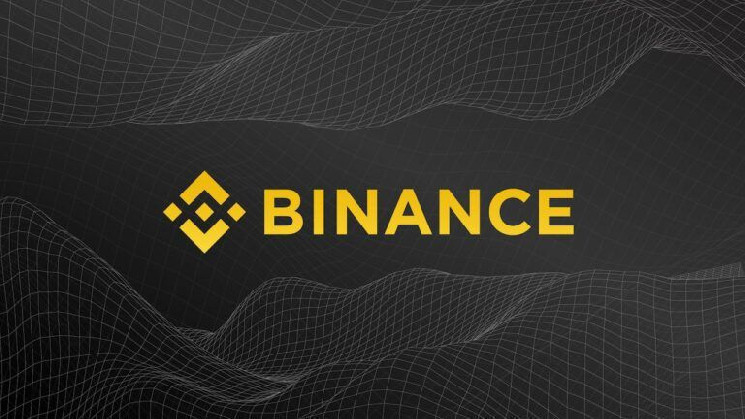According to Binance Research, the research division of the world’s largest crypto exchange by trading volume, Bitcoin has managed to maintain its dominant position in the crypto market cap rankings, despite the attention drawn by Layer-1 smart contract platforms. However, Binance Research points out that questions about Bitcoin’s sustainability still linger.
Binance Research raises concerns about how future halvings and low transaction fees might impact Bitcoin’s security and whether the cryptocurrency can continue to compete without expressive smart contracts.
It highlights Ordinals as a noteworthy innovation in the Bitcoin sustainability discussion. It points out that Ordinals and Inscriptions, which emerged in 2023, have driven improvements in on-chain metrics, particularly transaction fees on the Bitcoin network.
Binance Research also emphasizes the importance of Layer-2 (L2) solutions for Bitcoin in the sustainability debate. According to the research, Bitcoin L2s focus on scalability, addressing increased loads from Ordinals, and adding expressive programmability to the Bitcoin network.
The Lightning Network, one of Bitcoin’s most well-known L2s, is said to enhance throughput and reduce transaction fees. Furthermore, Binance Research reports that the number of nodes and channels on the Lightning Network have recently reached new peaks.
Stacks and Rootstock are two other notable Bitcoin L2s that Binance Research claims bring expressive smart contract programmability to the platform. With these L2s, use cases beyond basic transactions on the Bitcoin network, such as DeFi, are possible.
Binance Research concludes that with the emergence of Ordinals, the development of Bitcoin L2s, and an upcoming halving event, the Bitcoin sustainability debate is expected to become increasingly relevant and complex.
 cryptoglobe.com
cryptoglobe.com
